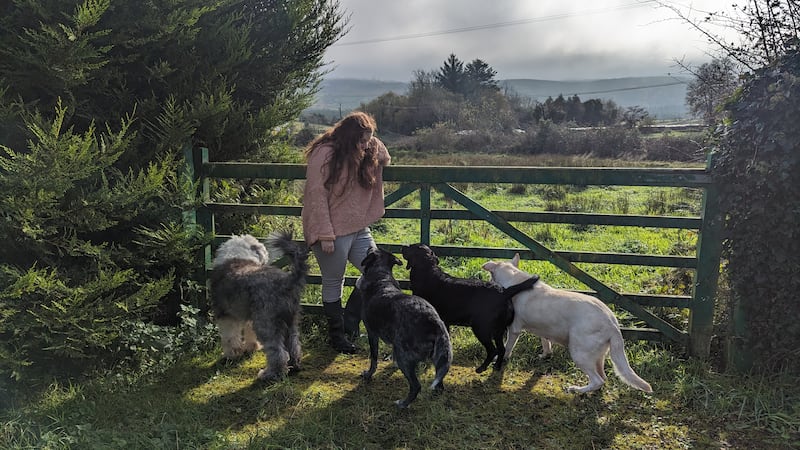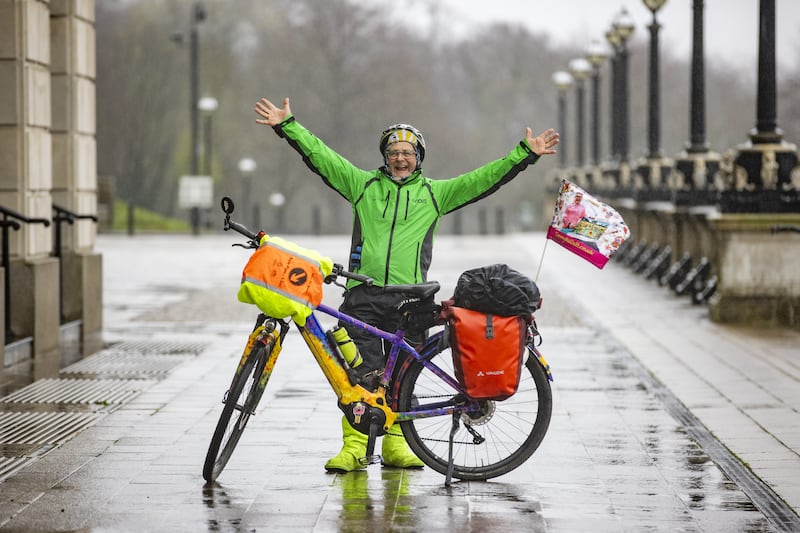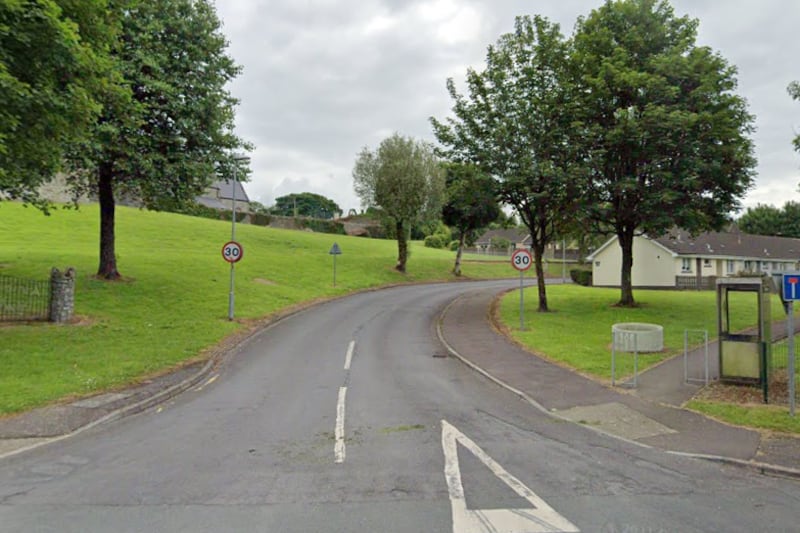Four years ago, my husband and I drove out to view a house in Fermanagh. With every mile, we worried that it was too far from the city – how could we possibly relocate to somewhere 90 minutes’ drive from Belfast?
In searching for the property we also became thoroughly lost, ending up in a farmer’s field and giving up – only to find what would soon become our new home on the way back.
Moving had its challenges. We had to install a large satellite dish to get half-decent broadband, and hipster coffee shops are now a far-flung memory. But we knew that what you get in return is invaluable.
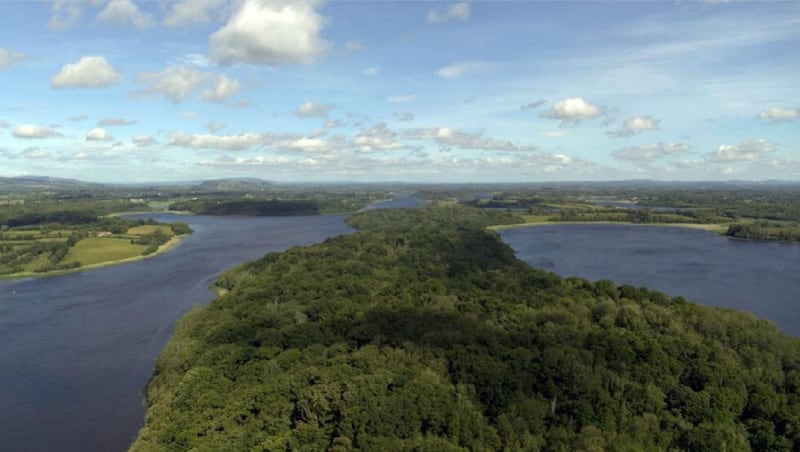
I love living in rural Fermanagh. However, it’s also become clear that our rural communities are being utterly failed.
Nearly 40 per cent of Northern Ireland’s population lives rurally, but government investment does not meet the needs of the people. An ambitious new approach to rural development is urgently required – one which places rural voices at the centre of decision-making.
- Joy for campaigner Emma DeSouza as husband to become Irish citizenOpens in new window
- Let’s be imaginative about what government could look like in a united Ireland – Emma DeSouzaOpens in new window
- Does anyone have the drive and vision to create a real cross-border health service? - Tommie GormanOpens in new window
After relocating in 2020, I was immediately struck by the normalisation of dereliction and the dearth of opportunities available to rural communities. Services continue to be stripped-back: between the closure of vital resources like banks or the shuttering of medical services including dentistry and GP practices, villages and more sparsely populated stretches are becoming more difficult environments to thrive in.
Instead of more jobs, staff at BT in Enniskillen were recently told that 300 posts are at risk, while data from Invest NI shows a shocking disparity between investment in Belfast and west of the Bann.
In 2022 the Irish government unveiled a strategy to encourage rural relocation by offering grants and tax incentives to workers, alongside the creation of 400 remote working hubs with high-speed broadband. The investment forms part of a €1 billion Rural Regeneration Fund and accompanies other measures including the state-funded Local Link transport system and hybrid-working legislation. Where is our ambition?
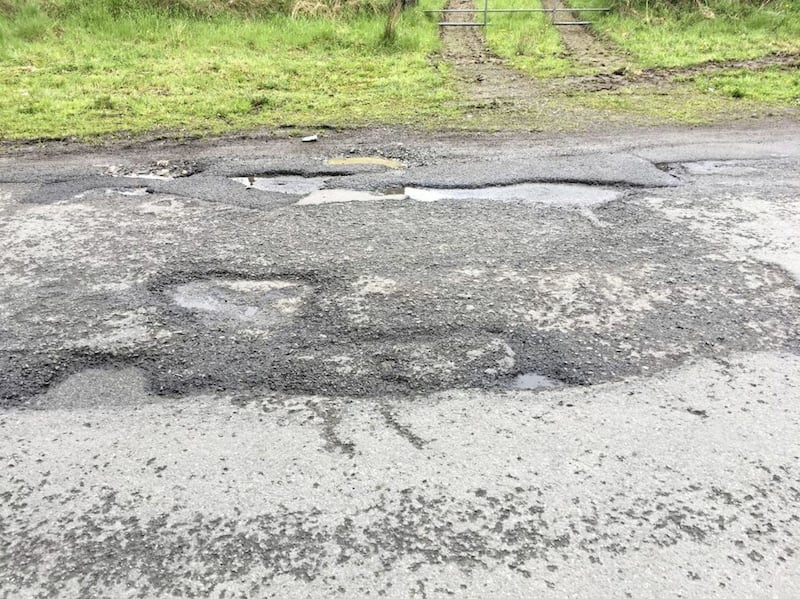
One of the most significant challenges is a lack of reliable and accessible public transport. Rural dwellers are disproportionately reliant on costly personal transport – a burden made worse by climbing fuel costs.
It would be impossible for me to travel without a car due to the distance between my home and the nearest bus stop. I regularly use public transport to reach Derry, Belfast and Dublin as part of my work, with journeys consuming anywhere between 4.5–7.5 hours of my day. The network is totally disconnected. The last direct bus back to Enniskillen leaves Belfast at 7.20pm, meaning Fermanagh residents without access to a vehicle have little choice but to return home before the watershed.
Transport poverty along with the closure of healthcare practices present a significant barrier to healthcare access for rural communities. The removal of some services at Enniskillen’s South West Acute Hospital has rendered Fermanagh residents further still from hospital care, with limited public transportation to Derry’s Altnagelvin hospital, and oftentimes treacherous roads to traverse. It is no coincidence that rural regions have the worst road infrastructure.
After relocating in 2020, I was immediately struck by the normalisation of dereliction and the dearth of opportunities available to rural communities
In reviewing rural needs, it will be essential that rural voices are included; urban solutions cannot simply be re-applied to rural issues. A bespoke process that addresses the shortcomings felt by citizens of these communities is key to advancing rural access and equality across this island, and there are a myriad of ways this can be achieved. Whether by town hall consultations or rural forums for public consultation, the people directly impacted must be allowed agency in developing solutions.
There is enormous potential in our rural communities. Investing in rural regeneration would boost tourism, decrease housing pressures, advance climate goals, and strengthen our economy – what is needed is political vision that extends beyond Belfast.
My own experience moving from a major city to a rural community has been extraordinarily rewarding and has positively transformed how I live my life. If adequate resources were allocated to connecting rural communities to vital infrastructure and public resources, not only would residents benefit from many of the quality-of-life improvements commonplace in cities, but the appeal of accessible, affordable rural-living solutions would draw-in new residents, bringing with them investment and opportunity enabling communities to thrive.

